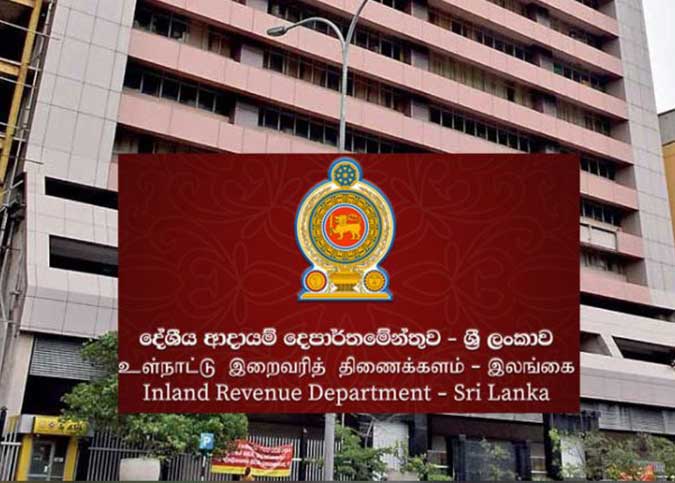
Inland Revenue Dept Targets VAT Evaders with Asset Seizures and Legal Action
- CNL Reporter
- July 10, 2025
- Political
- VAT
- 0 Comments
News of the Day
The Inland Revenue Department (IRD) has launched a series of criminal investigations into persistent tax evasion cases, particularly focusing on Value Added Tax (VAT) defaulters. This crackdown, aligned with recommendations from the International Monetary Fund (IMF) and global anti-money laundering and counter-terrorist financing commitments, marks a significant move toward tightening tax compliance and enhancing state revenue.
Finance Ministry officials confirmed that recovery proceedings have already begun to confiscate assets of defaulters, including directors of five companies who collectively owe Rs. 4.3 billion in unpaid VAT. The IRD is now investigating properties and other holdings of these individuals to reclaim the outstanding dues.
Among the major defaulters is Mendis & Company, with directors Arjuna Aloysius and Anthony John evading nearly Rs. 4 billion—the largest amount recorded in the crackdown. Other notable cases include K.A. Geetha Prasanga, currently serving a prison sentence for evading Rs. 46.6 million, and Samaranayake & Company, whose directors owe more than Rs. 233 million. The company’s appeal is under judicial consideration, and bail has been granted under court-imposed conditions.
While enforcement measures intensify, the IRD has also seen positive compliance. Companies like Vijitha Enterprises and North Sea Company have fully settled their dues of Rs. 32.5 million and Rs. 66.1 million, respectively.
To reinforce its operations, the IRD has established a Financial Intelligence Unit (FIU) to monitor financial flows and combat fraud, along with an Internal Affairs Unit (IAU) and a Complaints Management and Investigation Division to strengthen internal governance and transparency.
Sri Lanka’s VAT reforms, which came into effect on January 1, 2024, have significantly bolstered government revenue. VAT collections rose by 88.6% in 2024, reaching a record Rs. 1.3 trillion—up from Rs. 694.5 billion in 2023—and surpassing income tax for the first time. However, the full impact of VAT on imports remains unrealized due to ongoing import restrictions throughout 2024.
The number of registered VAT-paying entities rose sharply from 14,128 in 2023 to 21,542 in 2024—a 52.5% increase. As of February 2025, this figure had reached 22,043, signaling an expanding tax base and improved compliance, especially within the financial services sector.
Further reforms are on the horizon. A VAT compliance program is currently underway to support the transition to mandatory e-filing by July 1, 2025. This precedes the formal repeal of the Simplified VAT (SVAT) system on October 1, 2025. In tandem, a broader income tax compliance initiative has been introduced to manage the surge in newly registered taxpayers since 2024.
A senior IRD official reiterated the government’s unwavering commitment to combating tax evasion, noting the formation of a special task force to identify and prosecute non-compliant individuals and corporations.
Despite imprisonment in some cases, the IRD affirms that tax liabilities must still be fully recovered, emphasizing that prior incarceration does not exempt defaulters from financial accountability.

